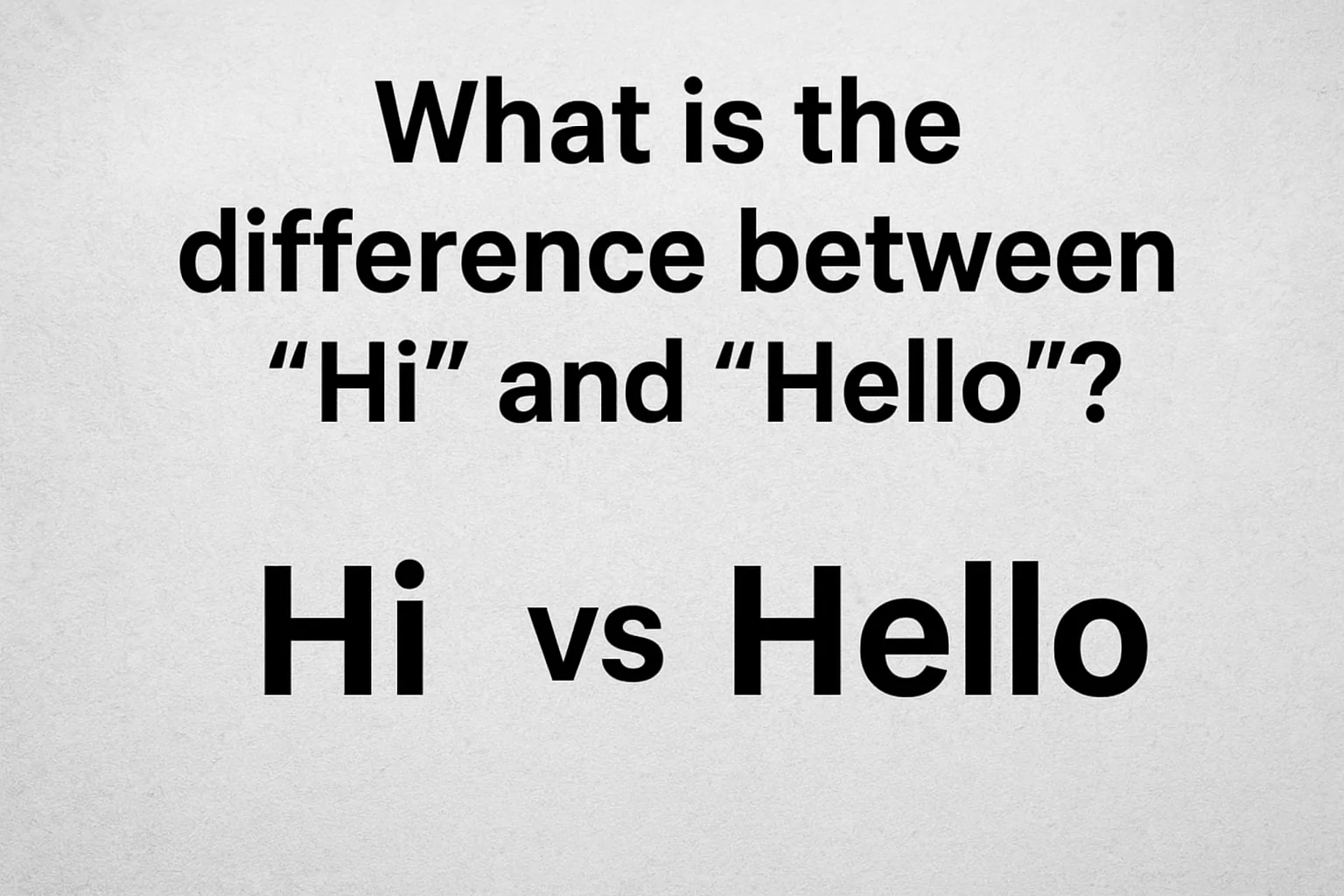Does the U.S. Allow Dual Citizenship? Key Facts Explained

Yes, the U.S. allows dual citizenship. This means a person can be a citizen of the U.S. and another country at the same time. Understanding dual citizenship is important for those who have ties to more than one country.
What is Dual Citizenship?
Definition and Explanation
Dual citizenship means being a citizen of two countries at the same time. Each country recognizes the person as its citizen, granting them rights and responsibilities in both places.
Examples of Dual Citizenship Scenarios
- Birthright Citizenship: A child born in the U.S. to foreign parents may have dual citizenship.
- Naturalization: A person who becomes a U.S. citizen but keeps their original citizenship.
- Descent: A person born abroad to U.S. citizen parents may have dual citizenship.
Does the U.S. Allow Dual Citizenship?
Official Stance of the U.S. Government
The U.S. government does not encourage or discourage dual citizenship. It recognizes the existence of dual citizenship but does not have specific laws to address it.
Historical Context and Legal Framework
Historically, the U.S. had strict laws against dual citizenship. Over time, these laws have relaxed, allowing more flexibility for individuals to hold dual citizenship.
How to Obtain Dual Citizenship in the U.S.
For U.S.-Born Citizens
Birthright Citizenship
Anyone born in the U.S. automatically becomes a U.S. citizen, even if their parents are foreign nationals.
Citizenship Through Descent
A child born abroad to U.S. citizen parents can acquire U.S. citizenship through their parents.
For Naturalized Citizens
Naturalization Process
Foreign nationals can become U.S. citizens through naturalization. This process involves living in the U.S. for a certain period, passing a citizenship test, and taking an oath of allegiance.
Retaining Original Citizenship
Many countries allow their citizens to retain their original citizenship even after becoming U.S. citizens.
Benefits of Dual Citizenship
Travel and Mobility
Dual citizens can travel freely between their two countries and may have easier access to other countries.
Access to Social Services and Benefits
Dual citizens can access social services and benefits in both countries, such as healthcare and education.
Employment and Business Opportunities
Having dual citizenship can open up more job and business opportunities in both countries.
Cultural and Educational Advantages
Dual citizens can enjoy the cultural and educational benefits of both countries, including language skills and cultural experiences.
Rights of Dual Citizens in the U.S.
Voting Rights
Dual citizens can vote in U.S. elections and may also have voting rights in their other country of citizenship.
Legal Protections
Dual citizens are entitled to legal protections in both countries, including the right to a fair trial and protection from unlawful detention.
Access to Government Services
Dual citizens can access government services in both countries, such as consular assistance and social security benefits.
Obligations of Dual Citizens in the U.S.
Tax Responsibilities
Dual citizens must pay taxes in both countries, which can sometimes lead to double taxation.
Military Service
Some countries require dual citizens to perform military service. The U.S. does not have mandatory military service, but dual citizens should be aware of obligations in their other country of citizenship.
Legal Compliance in Both Countries
Dual citizens must comply with the laws of both countries, which can sometimes lead to conflicts.
Potential Challenges and Considerations
Legal and Administrative Complexities
Managing legal and administrative matters in two countries can be complex and time-consuming.
Conflicts of Interest and Loyalty
Dual citizens may face conflicts of interest and loyalty, especially in times of political tension between their two countries.
Double Taxation Issues
Dual citizens may be subject to double taxation, although tax treaties between countries can sometimes mitigate this issue.
Countries That Allow Dual Citizenship with the U.S.
List of Countries
Many countries allow dual citizenship with the U.S., including Canada, the U.K., and Australia.
Specific Agreements and Treaties
Some countries have specific agreements or treaties with the U.S. that address dual citizenship issues, such as tax treaties to avoid double taxation.
Frequently Asked Questions (FAQs)
Can I lose my U.S. citizenship if I become a citizen of another country?
No, you will not lose your U.S. citizenship if you become a citizen of another country, as long as you do not intend to give up your U.S. citizenship.
Do I have to pay taxes in both countries?
Yes, dual citizens must pay taxes in both countries, but tax treaties can help avoid double taxation.
Can dual citizens vote in both countries?
Yes, dual citizens can vote in both countries if both countries allow it.
Conclusion
Dual citizenship offers many benefits, including travel, employment, and cultural opportunities. However, it also comes with responsibilities and potential challenges. Understanding the key facts about dual citizenship can help individuals make informed decisions about their citizenship status.








